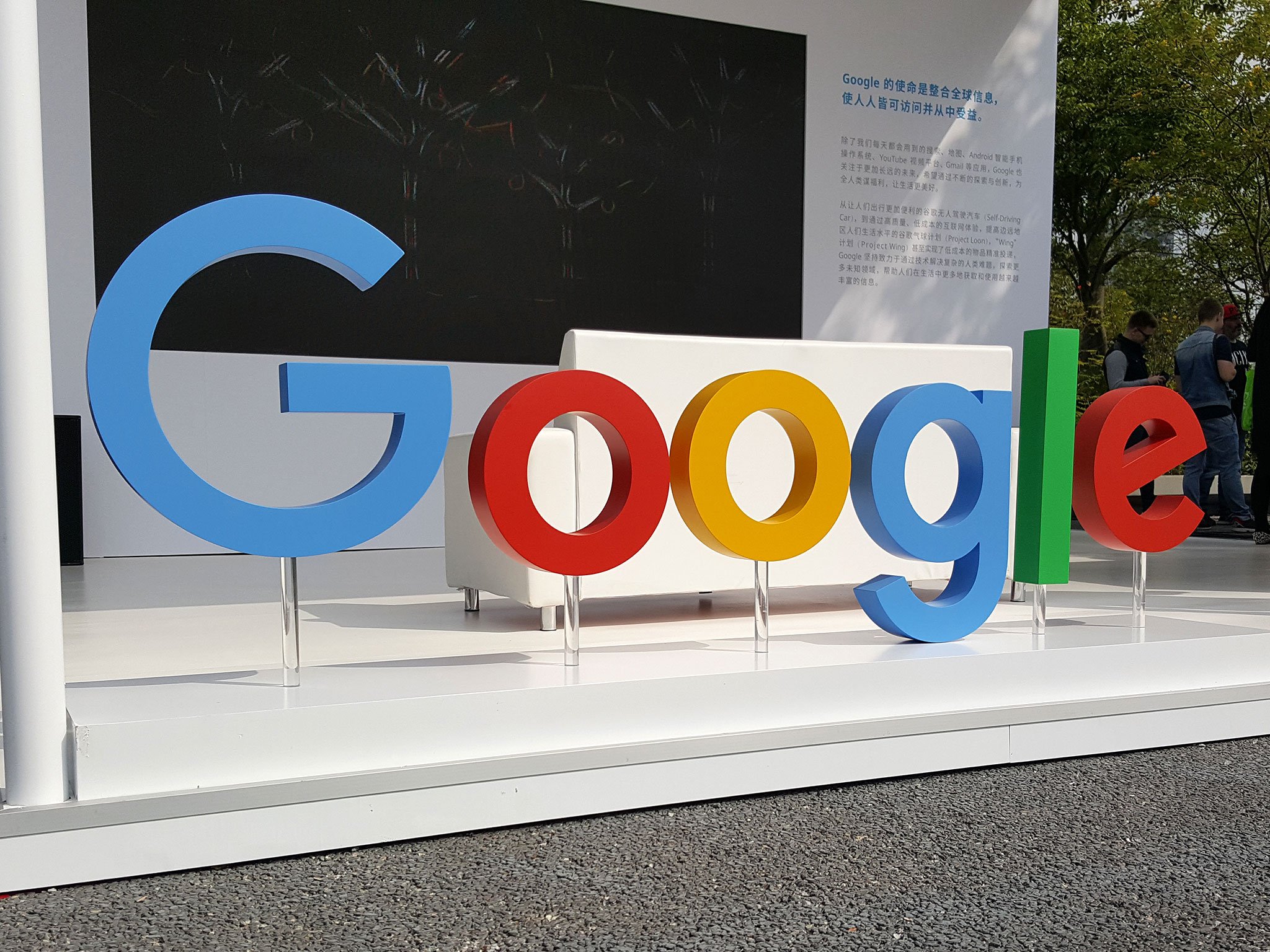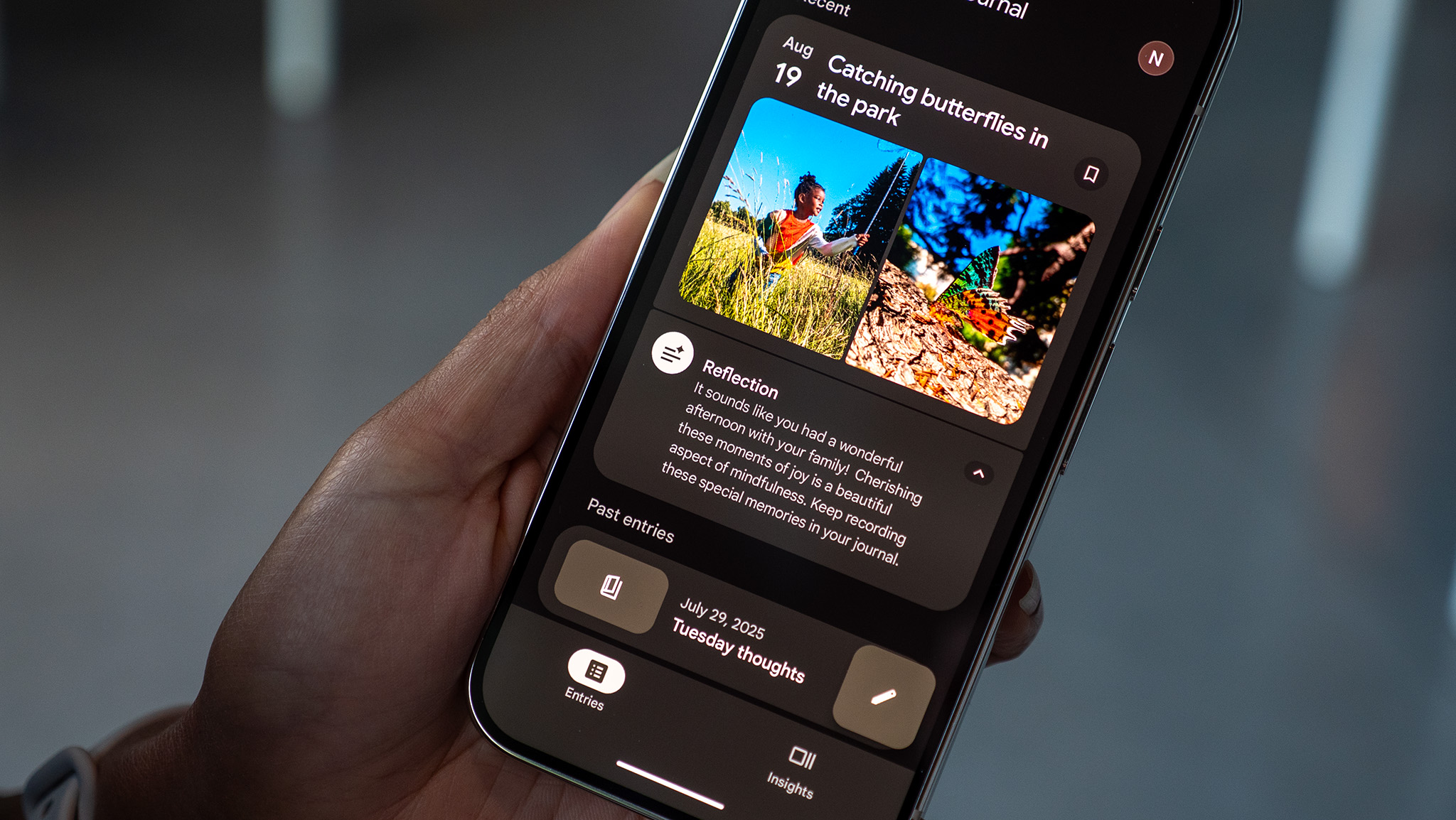Google's AI is better at detecting cancer than doctors, says study

What you need to know
- A study suggests AI could be poised to radicalize cancer screening.
- A system designed by Google was found to provide more accurate readings than doctors.
- The rate of false positives and false negatives were up to 5.7% and 9.4% better compared to human doctors, respectively.
As the scientific community continues to explore the perhaps endless possibilities posed by the inclusion of artificial intelligence into various aspects of our lives, Google has just demonstrated a possibly life-saving application for the buzzword technology that's taking the world by storm.
An AI system developed by the company was found to be more accurate at detecting cancer than doctors, a study reported on by CNN Business found. The result of a partnership between Google Health, Cancer Research UK Imperial Centre, Northwestern University, and Royal Surrey County Hospital, the research determined that the AI "reduced false positives by 5.7% for US subjects and 1.2% for UK subjects". It was also 9.4% and 2.7% more accurate with false negatives for US and UK subjects, respectively.
The system was trained using a large dataset of mammograms from women in the two countries. Even more telling than its better accuracy than doctors was the fact that it did so with far less information than the radiologists it was competing with, who also had access to the patients' medical history and previous mammograms in their deliberations.
"This is one of those transformational discoveries you have in your hand, which could disrupt the way we deliver screening in terms of improving accuracy and productivity," said Professor Ara Darzi, one of the researchers involved with the study. While the paper noted that "AI may be uniquely poised to help with" the challenge of detecting breast cancer, Darzi said the system was not yet at a stage where it could replace a human reader.
Google was allegedly collecting millions of Americans' healthcare data
Get the latest news from Android Central, your trusted companion in the world of Android

